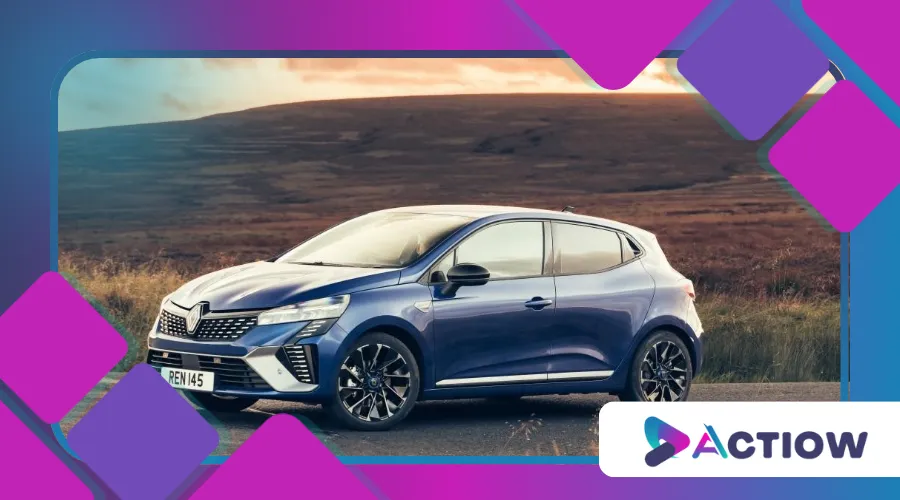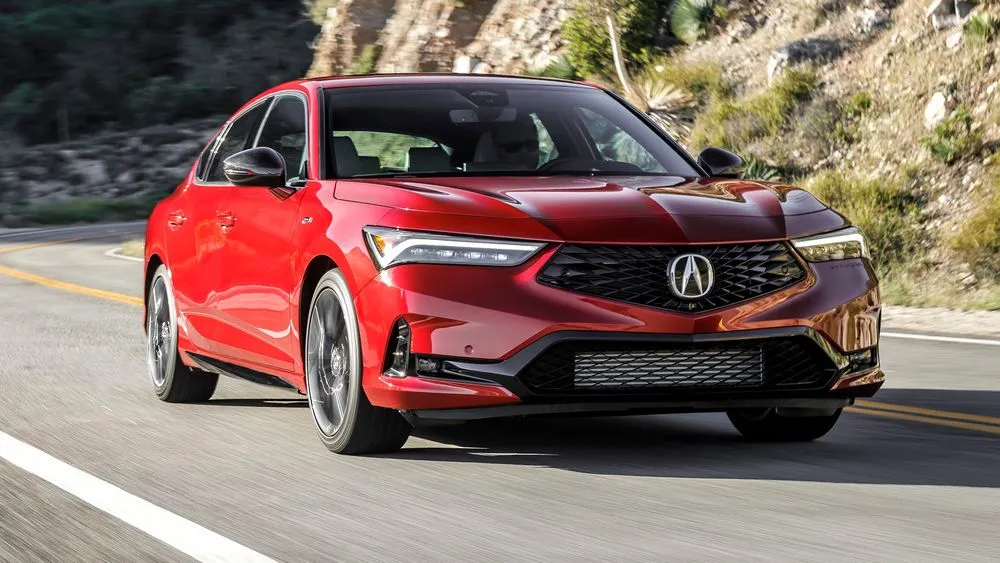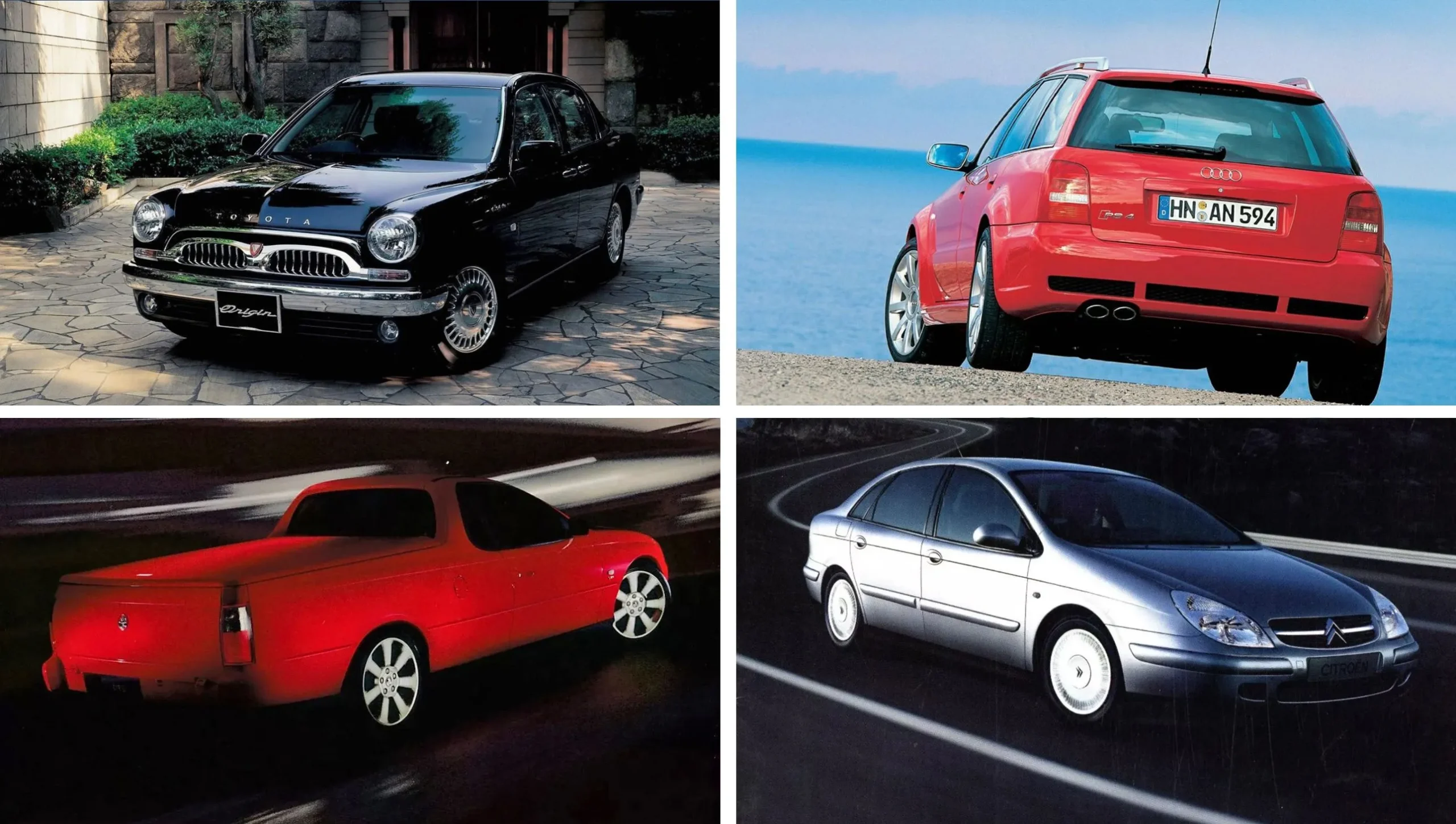Imported Cars with the Best Value for Money in 2025

Anúncios
In 2025, imported cars with the best value for money are redefining what it means to get premium quality without breaking the bank.
As American car buyers navigate a market brimming with options, the demand for vehicles that balance affordability, reliability, and luxury has never been higher.
This article dives into the standout imports offering exceptional bang for your buck, blending cutting-edge tech, fuel efficiency, and long-term savings.
Anúncios
With rising interest in sustainable driving and global competition pushing innovation, these cars deliver more than just a ride—they’re investments in smarter mobility.
Curious about which models top the list? Let’s explore the imports that make every dollar count.
Why Value Matters More Than Ever in 2025
The automotive landscape is shifting fast.
With gas prices fluctuating and electric vehicle (EV) adoption accelerating, buyers are prioritizing long-term savings over flashy badges.
A 2024 J.D. Power study found that 68% of U.S. car buyers now rank “total cost of ownership” as their top purchase factor, surpassing even brand loyalty.
Imported cars with the best value for money shine here, offering lower maintenance costs, better resale value, and efficient powertrains.
Think of it like choosing a smartphone: you want one that performs well today but won’t feel outdated or drain your wallet in two years.
Value isn’t just about the sticker price—it’s about what you get over the vehicle’s lifespan.
European and Asian manufacturers, in particular, have mastered this equation, delivering cars that combine durability with features once reserved for luxury segments.
From hybrid systems to advanced safety tech, these imports pack a punch without demanding premium fuel or frequent repairs.
Let’s break down the key factors that make these cars stand out.
Key Criteria for Value in Imported Cars
What makes a car a great value? It’s not just low upfront costs.
Here’s what defines imported cars with the best value for money in 2025:
- Affordability: Competitive pricing for the segment, with strong financing options.
- Reliability: Proven track records for minimal repairs, backed by warranty coverage.
- Fuel Efficiency: Gas, hybrid, or electric powertrains that save at the pump or charger.
- Resale Value: Models that hold their worth over time, reducing depreciation losses.
- Features: Modern tech, safety systems, and comfort amenities as standard or affordable upgrades.
These pillars guide our selection, ensuring each car offers a compelling mix of practicality and pizzazz.
Now, let’s meet the contenders reshaping the import market.
+ Cars with the Best Performance in 2025: Power and Efficiency
Top Imported Cars with the Best Value for Money in 2025
1. Hyundai Ioniq 6 (South Korea) – The Electric Value King
The Hyundai Ioniq 6 is a sleek, all-electric sedan that proves EVs don’t have to cost a fortune.
Starting at $38,500, it offers a 361-mile EPA-estimated range, outpacing many pricier rivals.
Its minimalist design hides a tech-packed interior, with a 12.3-inch touchscreen, wireless Apple CarPlay, and standard driver-assist features like adaptive cruise control.
Hyundai’s 10-year/100,000-mile warranty adds peace of mind, while fast-charging capability (10% to 80% in 18 minutes) makes it road-trip-ready.
Why it’s a value star: Low running costs (about $0.04 per mile vs. $0.15 for gas cars), strong resale projections, and premium features at a mid-tier price.
For urban commuters like Sarah, a 32-year-old graphic designer in Seattle, the Ioniq 6 slashes her fuel budget while turning heads in her eco-conscious neighborhood.
Additionally, the Ioniq 6 has received accolades for its safety ratings, making it a smart choice for families looking for both efficiency and peace of mind.
2. Toyota Corolla Cross Hybrid (Japan) – The Practical Crossover
Toyota’s Corolla Cross Hybrid, priced from $29,800, is a compact crossover blending bulletproof reliability with stellar fuel economy (45 MPG combined).
It’s ideal for families or young professionals needing versatility without complexity.
Standard all-wheel drive, a 10-inch infotainment screen, and Toyota Safety Sense 3.0 (with lane-keeping assist and automatic emergency braking) make it a steal.
Its resale value is among the best, with Kelley Blue Book projecting 60% retention after five years.
Why it’s a value star: Affordable maintenance, hybrid efficiency, and a reputation for lasting decades.
Take Mike, a 40-year-old teacher in Chicago, who loves its cargo space for weekend camping and low insurance costs compared to flashier SUVs.
Moreover, the Corolla Cross Hybrid’s spacious interior and practicality make it a top choice for those who prioritize family-friendly features without sacrificing style.

3. Volkswagen ID.4 (Germany) – The Family-Friendly EV
Starting at $41,000, the VW ID.4 is a compact electric SUV with a 275-mile range and roomy interior.
Built in Chattanooga, Tennessee, it qualifies for a $7,500 federal tax credit, dropping the effective price to $33,500.
Its tech suite includes a 12-inch display, wireless charging, and over-the-air updates.
VW’s European engineering shines in its refined ride, while a 3-year/36,000-mile free maintenance plan sweetens the deal.
Why it’s a value star: Tax incentives, free maintenance, and spaciousness rivaling gas-powered SUVs.
It’s perfect for families wanting to go green without sacrificing practicality.
Additionally, the ID.4’s commitment to sustainability extends beyond its electric powertrain, with eco-friendly materials used throughout its interior design.
4. Mazda CX-50 (Japan) – The Driver’s Choice
The Mazda CX-50, starting at $31,200, is a compact SUV with a premium feel.
Its 2.5-liter turbo engine (256 hp) delivers spirited performance, while standard AWD and a 10.25-inch screen add appeal.
Mazda’s focus on driving dynamics makes it a joy on twisty roads, and its upscale interior rivals European competitors costing thousands more.
Reliability is strong, with Consumer Reports ranking Mazda among the top five brands.
Why it’s a value star: Engaging drive, high-end cabin, and competitive pricing make it a standout for enthusiasts seeking imported cars with the best value for money.
Moreover, the CX-50’s sporty design and responsive handling make it an attractive option for drivers who enjoy a more engaging driving experience.
Comparison Table: Key Specs and Value Metrics
| Model | Starting Price | Fuel Economy | Range (EV) | Warranty | Resale Value (5-Year) |
|---|---|---|---|---|---|
| Hyundai Ioniq 6 | $38,500 | $0.04/mile | 361 miles | 10-yr/100,000-mile | 55% |
| Toyota Corolla Cross | $29,800 | 45 MPG | N/A | 5-yr/60,000-mile | 60% |
| Volkswagen ID.4 | $41,000 | $0.05/mile | 275 miles | 3-yr/36,000-mile (free) | 52% |
| Mazda CX-50 | $31,200 | 27 MPG | N/A | 3-yr/36,000-mile | 58% |
Note: Resale values based on Kelley Blue Book projections; fuel economy for EVs reflects cost per mile.
++ Tesla Model S vs Porsche Taycan: High-Performance Electric Cars
Why Imports Outshine Domestic Options
Imported cars with the best value for money often leapfrog domestic competitors in efficiency and innovation.
Asian brands like Hyundai and Toyota lead in hybrid and EV tech, while European marques like VW bring refined engineering.
Domestic brands, while improving, still lag in resale value—Chevrolet and Ford models typically retain 10% less than Toyota or Mazda after five years.
Imports also tend to integrate advanced safety and infotainment as standard, whereas U.S. brands often charge extra.
Consider this analogy: choosing an import is like opting for a Swiss watch over a generic timepiece.
Both tell time, but the Swiss watch offers precision, longevity, and style that justify the investment.
Imports deliver that same edge in the automotive world.
Furthermore, the growing trend of eco-conscious consumers is pushing imports to innovate faster, ensuring that they remain competitive in both performance and sustainability.

The Role of Incentives and Ownership Costs
Government incentives are a game-changer for imported EVs.
The Hyundai Ioniq 6 and VW ID.4 qualify for federal tax credits, reducing upfront costs significantly.
Add in lower fuel and maintenance expenses—EVs have 60% fewer moving parts than gas cars—and the savings stack up.
Even non-EVs like the Toyota Corolla Cross benefit from low ownership costs, with average annual maintenance under $400 compared to $650 for the average SUV.
What’s the catch? Some imports face higher initial prices than domestic rivals, but the long-term math favors them.
A savvy buyer looks beyond the showroom to the total cost over five or ten years.
Additionally, many states offer additional incentives for electric vehicle purchases, further enhancing the affordability of these imports.
Ownership Cost Breakdown: Gas vs. Electric Imports
| Model | Annual Fuel Cost | Maintenance (5-Year) | Insurance (Annual) | Total 5-Year Cost |
|---|---|---|---|---|
| Hyundai Ioniq 6 (EV) | $600 | $2,000 | $1,200 | $11,000 |
| Toyota Corolla Cross | $1,100 | $2,500 | $1,100 | $14,250 |
Note: Fuel costs assume 15,000 miles/year; maintenance and insurance based on industry averages.
Challenges and Considerations
No car is perfect.
Imported cars with the best value for money face hurdles like longer wait times due to global supply chains or higher repair costs for European models.
VW’s ID.4, for instance, may require specialized technicians, bumping service fees 15% above domestic EVs.
Buyers should also check local dealer support—Hyundai’s network is robust, but Mazda’s is spottier in rural areas.
Still, these challenges are manageable.
Researching dealer proximity and warranty coverage can mitigate risks.
Plus, the benefits—superior tech, efficiency, and resale value—often outweigh the drawbacks.
Moreover, considering the availability of parts and service can help ensure that you won’t face long delays for repairs or maintenance.
How to Choose Your Value Champion
Picking the right import depends on your lifestyle.
Urban commuters might lean toward the Ioniq 6 for its EV savings and range.
Families may prefer the Corolla Cross for its cargo space and hybrid efficiency.
Ask yourself: What’s my daily drive like?
Prioritize range for EVs, fuel economy for hybrids, or driving fun for gas models like the CX-50.
Test drives and online configurators help narrow the field.
Additionally, consulting online reviews and consumer feedback can provide insights into real-world performance and satisfaction.
The Future of Value-Driven Imports
Looking ahead, imported cars with the best value for money will keep evolving.
Expect more affordable EVs with 400-mile ranges and hybrids hitting 50 MPG as standard.
Brands like Hyundai, Toyota, VW, and Mazda are doubling down on electrification and connectivity, ensuring value stays central.
As competition heats up, American buyers will reap the rewards—more choices, better tech, and lower costs.
Furthermore, as technology advances, features that were once considered luxury will become standard, enhancing the overall value proposition of imported cars.
For more insights on car buying and ownership costs, check out Edmunds, a trusted resource for automotive information.
Final Thoughts: Drive Smart, Save Big
Imported cars with the best value for money in 2025 aren’t just vehicles; they’re strategic choices for a cost-conscious, tech-savvy era.
From the Hyundai Ioniq 6’s electric prowess to the Toyota Corolla Cross’s hybrid thrift, these models prove you don’t need to splurge for quality.
By focusing on total ownership costs, reliability, and modern features, you can drive away with confidence and cash to spare.
So, which of these imports will you test drive first?
